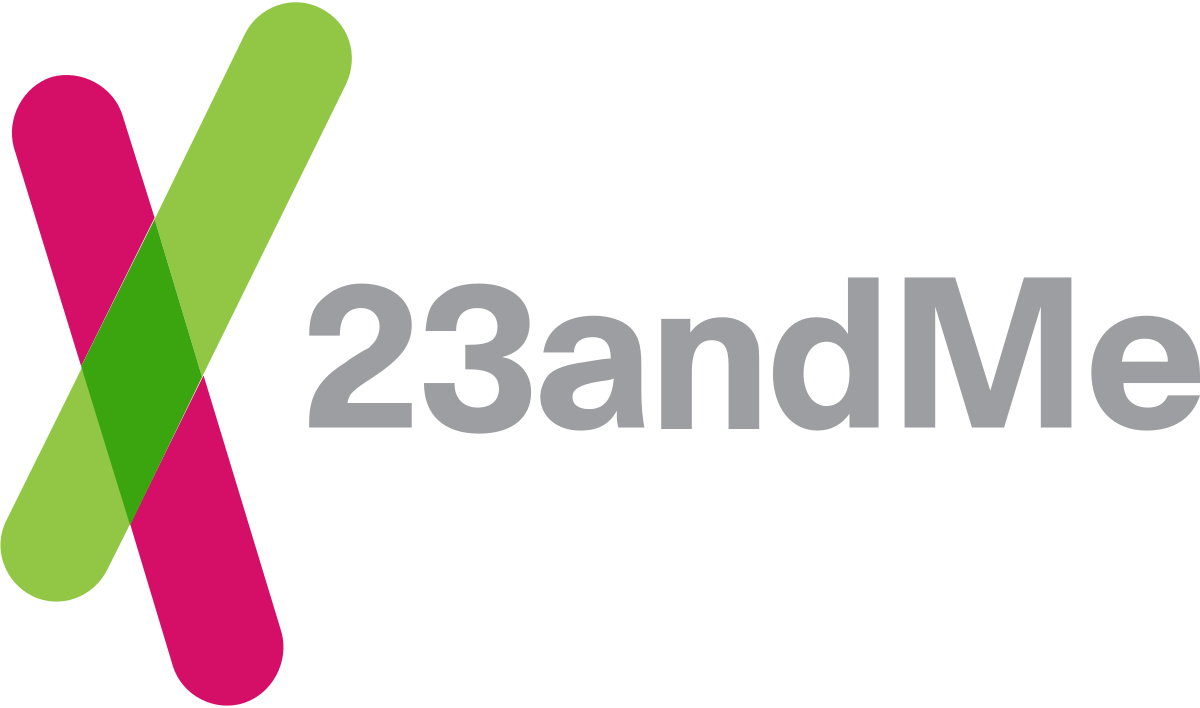FDA BRIEF: Week of April 10, 2017


TAGRISSO (osimertinib) Tablet
AstraZeneca Pharmaceuticals, Wilmington, DE, USA
INDICATION: Treatment of patients with metastatic epidermal growth factor receptor (EGFR) T790M mutation-positive non-small cell lung cancer (NSCLC), as detected by an FDA-approved test, whose disease has progressed on or after EGFR tyrosine kinase inhibitor (TKI) therapy.
REG PATHWAY: sNDA
- Accelerated NDA approval in November 2015 for this indication
- Fast Track, Breakthrough Therapy Designation, Orphan Drug Designation for treatment of EGFR mutation-positive NSCLC
EFFICACY:
- Single randomized, multicenter open-label, patients with metastatic EGFR T790M mutation-positive NSCLC (identified by the cobas® EGFR mutation test), n=279, TAGRISSO vs. platinum-based doublet chemotherapy until intolerance to therapy, disease progression, or investigator determination of no benefit
- Major efficacy outcome measure: Progression-free survival (PFS) per RECIST v1.1; Other- Objective Response Rate (ORR), Duration of Response (DOR)
- Median PFS in months (95% CI): 10.1 (8.3, 12.3) vs. 4.4 (4.2, 5.6), p<0.001
- Confirmed ORR: 65% (95% CI: 59%, 70%) vs. 29% (95% CI: 21%, 37%)
- Median DOR: 11 months (95% CI: 8.6, 12.6) vs. 4.2 months (95% CI: 3.9, 5.9)
- Confirmed CNS ORR: 57% (95% CI: 37%, 75%) vs. 25% (95% CI: 7%, 52%)
SAFETY:
- Most serious adverse reactions: Interstitial lung disease/pneumonitis, QTc interval prolongation, cardiomyopathy, keratitis
- Most common adverse reactions: Diarrhea, rash, dry skin, nail toxicity, and fatigue

AUSTEDO (deutetrabenazine) tablets
Teva Pharmaceuticals, North Wales, PA, USA
INDICATION: Treatment of chorea associated with Huntington’s disease
REG PATHWAY: NDA, Orphan Drug Designation
- First approval of deuterated drug
MECHANISM OF ACTION: Major circulating metabolites are reversible inhibitors of a vesicular monoamine transporter 2(VMAT2), resulting in decreased uptake of monoamines into synaptic vesicles and depletion of monoamine stores.
EFFICACY:
- Single randomized, double-blind, multi-center trial, ambulatory patients with manifest chorea associated with Huntington’s disease, n=90, AUSTEDO vs placebo for 12 weeks
- Primary efficacy endpoint: Total Maximal Chorea Score, an item of the Unified Huntington’s Disease Rating Scale (UHDRS)
- Score Improvement: 4.4 units vs. 1.9 units (p<0.0001); at Week 13 follow-up visit (1 week after discontinuation of the study medication), Scores of patients who had received AUSTEDO returned to baseline
SAFETY:
- Boxed Warning: Depression and Suicidality
- Adverse Reactions: Neuroleptic Malignant Syndrome, Akathisia, Agitation, and Restlessness, Parkinsonism, Sedation and Somnolence, QTc Prolongation, Hyperprolactinemia, Binding to Melanin-Containing Tissues

IPSOGEN JAK2 RGQ PCR Kit
Qiagen, Manchester, UK
INDICATION FOR USE:
For qualitative in vitro diagnostic test for the detection of the JAK2 V617F/G1849T allele in genomic DNA extracted from EDTA whole blood. The ipsogen JAK2 RGQ PCR Kit is a real time PCR test performed on the QIAGEN Rotor-Gene Q MDx instrument.
The test is intended for use as an adjunct to evaluation of suspected Polycythemia Vera, in conjunction with other clinicopathological factors.
This test does not detect less common mutations associated with Polycythemia Vera including mutations in exon 12 and is not intended for stand-alone diagnosis of Polycythemia Vera
REG PATHWAY: De Novo Request
- Regulation Number: 21 CFR 866.6070
- Regulation Name: Mutation detection test for myeloproliferative neoplasms
- Regulatory Classification: Class II
- Product Code: PSU
GENERIC DEVICE TYPE: Mutation detection test for myeloproliferative neoplasms
In vitro diagnostic device intended for the detection of the JAK2 V617F/G1849T allele in genomic DNA extracted from whole blood. The test is intended for use as an adjunct to evaluation of suspected Polycythemia Vera, in conjunction with other clinicopathological factors.
RISKS & MITIGATIONS:
- False Negative and False Positive Results; Special Controls

23andMe Personal Genome Service (PGS) Test
23andMe, Inc, Mountain View, CA, USA
INDICATION FOR USE: Uses qualitative genotyping to detect the following clinically relevant variants in genomic DNA isolated from human saliva collected from individuals ≥18 years with the Oragene Dx model OGD-500.001 for the purpose of reporting and interpreting Genetic Health Risks (GHR) but does not describe a person’s overall risk for developing disease or condition.
PGS Genetic Health Risk Report for:
- Hereditary Thrombophilia is indicated for reporting of the Factor V Leiden variant in the F5 gene, and the Prothrombin G20210A variant in the F2 gene
- Alpha-1 Antitrypsin Deficiency is indicated for reporting of the PI*Z and PI*S variants in the SERPINA1 gene
- Late-onset Alzheimer’s Disease is indicated for reporting of the ε4 variant in the APOE gene
- Parkinson’s Disease is indicated for reporting of the G2019S variant in the LRRK2 gene and the N370S variant in the GBA gene
- Gaucher Disease Type 1 is indicated for reporting of the N370S, 84GG, and V394L variants in the GBA gene
- Factor XI Deficiency is indicated for reporting of the variants F283L, E117X, IVS14+1G>A in the F11 gene
- Celiac Disease is indicated for reporting of a variant associated with the HLA-DQ2.5 haplotype
- Glucose-6-Phosphate-Dehydrogenase Deficiency is indicated for reporting of the Val68Met variant in the G6PD gene
- Early-Onset Primary Dystonia (DYT1/TOR1A-Related) is indicated for reporting of the deltaE302/303 variant in the DYT1 gene
- Hereditary Hemochromatosis is indicated for reporting of the C282Y and H63D variants in the HFE gene
REG PATHWAY: De Novo Request
- Regulation Number: 21 CFR 866.5950
- Regulation Name: Genetic Health Risk Assessment System
- Regulatory Classification: Class II
- Product Code: PTA
Exemption of additional 23andMe GHR tests from premarket review
Exemption of GHR tests from other makers after first premarket notification.
GENERIC DEVICE TYPE: Genetic Health Risk Assessment System
- Qualitative in vitro molecular diagnostic system used for detecting variants in genomic DNA isolated from human specimens that will provide information to users about their genetic risk of developing a disease to inform lifestyle choices and/or conversations with a healthcare professional.
- This assessment system is for over-the-counter use.
- This device does not determine the person’s overall risk of developing a disease
RISKS & MITIGATIONS:
- Incorrect understanding of the device and test system: General controls and special controls
- Incorrect test results (false positives, false negatives): General controls and special controls
- Incorrect interpretation of test results General controls and special controls